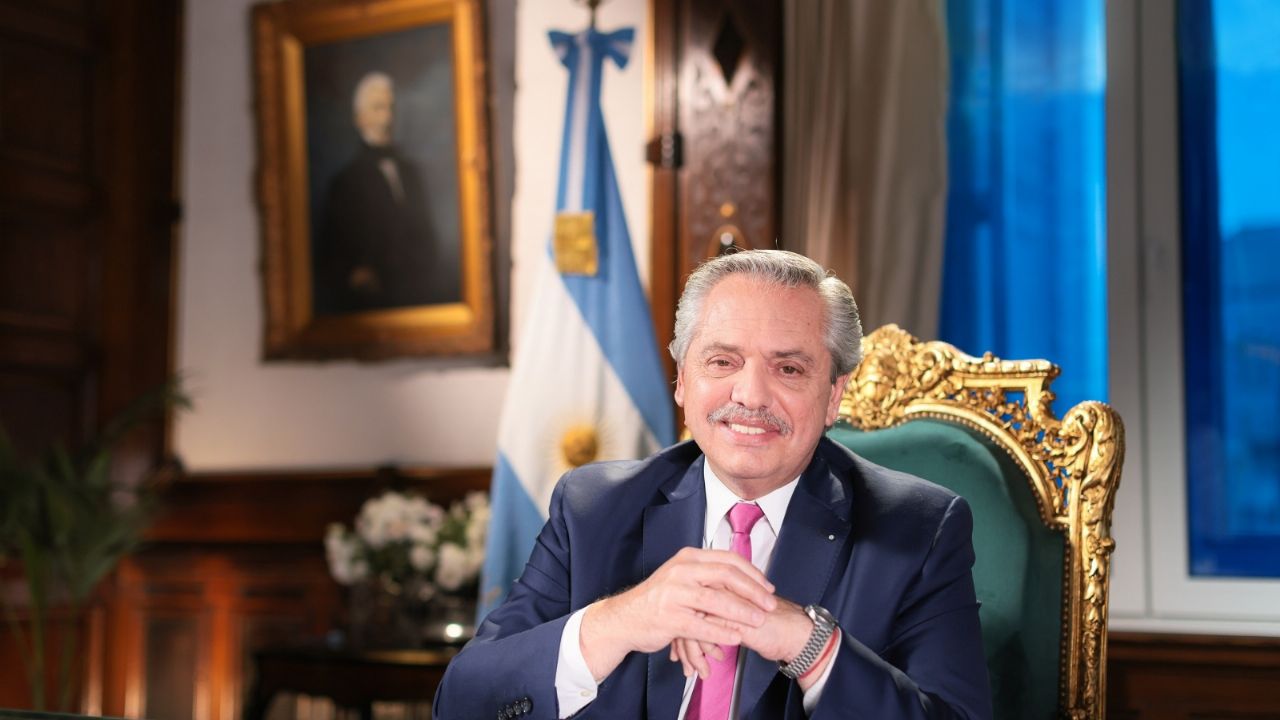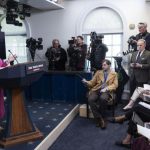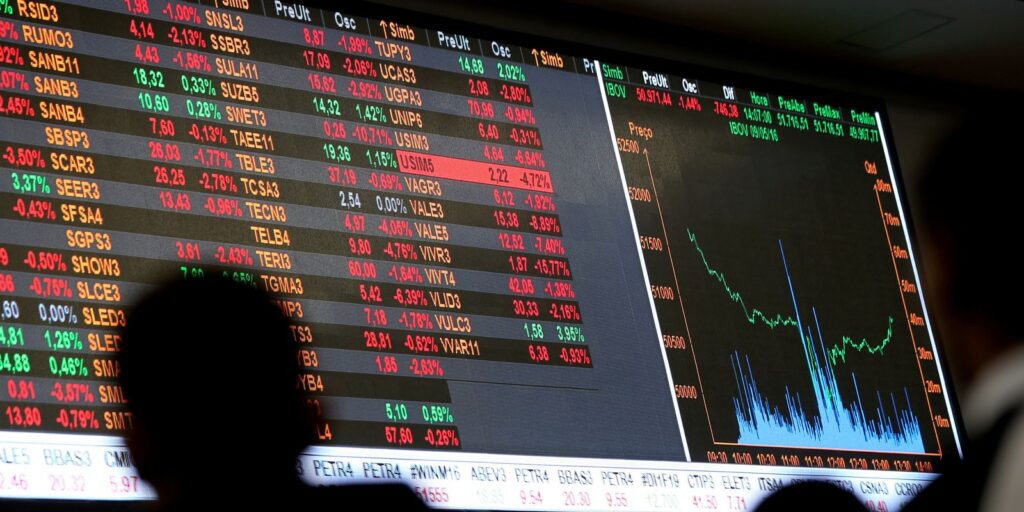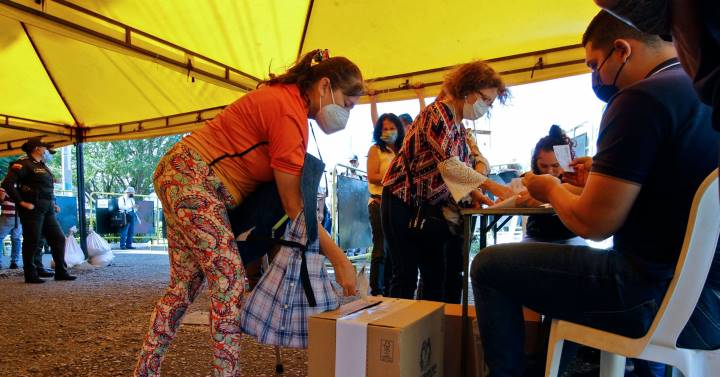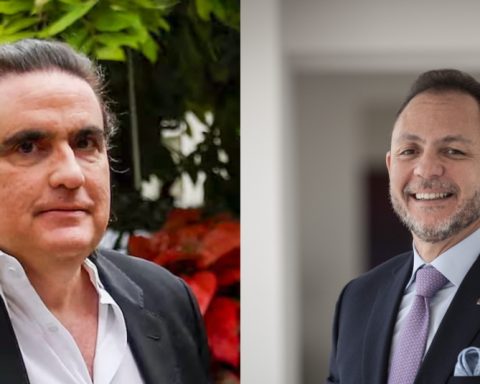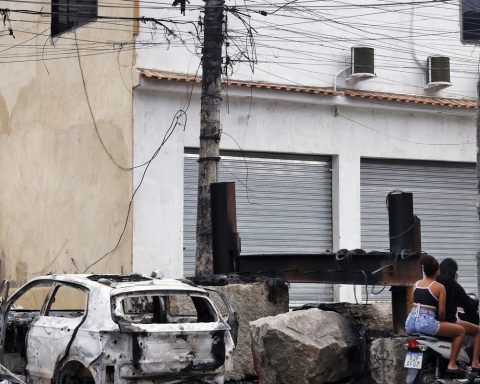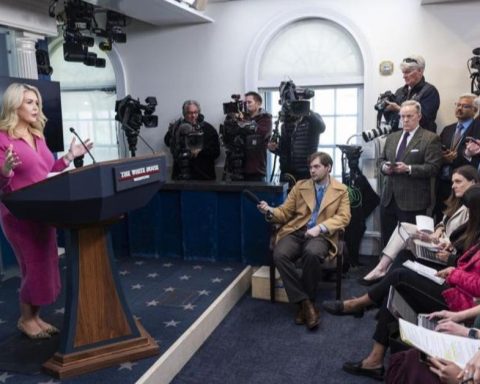This Friday, Alberto Fernandez He used his social networks to remember the fight of General Martín Miguel de Güemes, who is considered a national hero thanks to his efforts in the battle for independence.
Through his Twitter account, President wrote “General Martín Miguel de Güemes taught us, in his struggle for independence, to defend what is ours even in adverse conditions”, for which Alberto Fernandez insisted on vindicating “the feat of those who put themselves at the service of the country.”
Also, Alberto Fernandez he added “to the people who want to be free, there is no human power to hold them down”, with which he recalled the 201st anniversary of the military man’s death.
Along with the text, the president published a heartfelt video in which he also pays tribute to the General, since fragments of the letter that Güemes sent to the royalist general Pedro Olañeta are recounted through various images and a voiceover.
It should be remembered that June 17 was declared a national holiday since 2016 to commemorate the Passage to Immortality of General Martín Miguel de Güemes.
As well as President, from the social networks of the Casa Rosada they also published a video with which the Government pays tribute to the hero of the country. The audiovisual material also highlights the last words of the “leader of the gaucho war.”
Likewise, the Government highlights the commitment and struggle of the soldier, who died defending the homeland and, on his deathbed, refused to receive medical treatment so that the country could regain its freedom.
Who was Martin Miguel de Güemes
Martín Miguel de Güemes was born on February 8, 1785 in Salta and, at just 14 years old, he joined the Fixed Infantry Regiment of his province. Later, after being transferred to Buenos Aires, he was part of the defense against the English invasions. Years later, in 1814, San Martín promoted him to General in Chief of the Army of the North, which gave way to the soldier becoming one of the heroes of the country.

After different battles, and becoming one of the most outstanding strategists, on June 7, 1821, he was shot and died ten days later, on June 17, because he refused to receive medical treatment in exchange for requesting a ceasefire. , which he considered a betrayal of the country.
